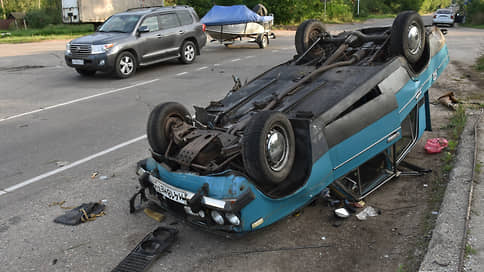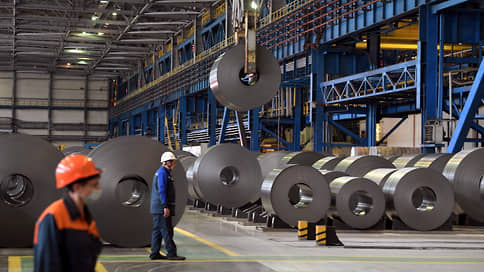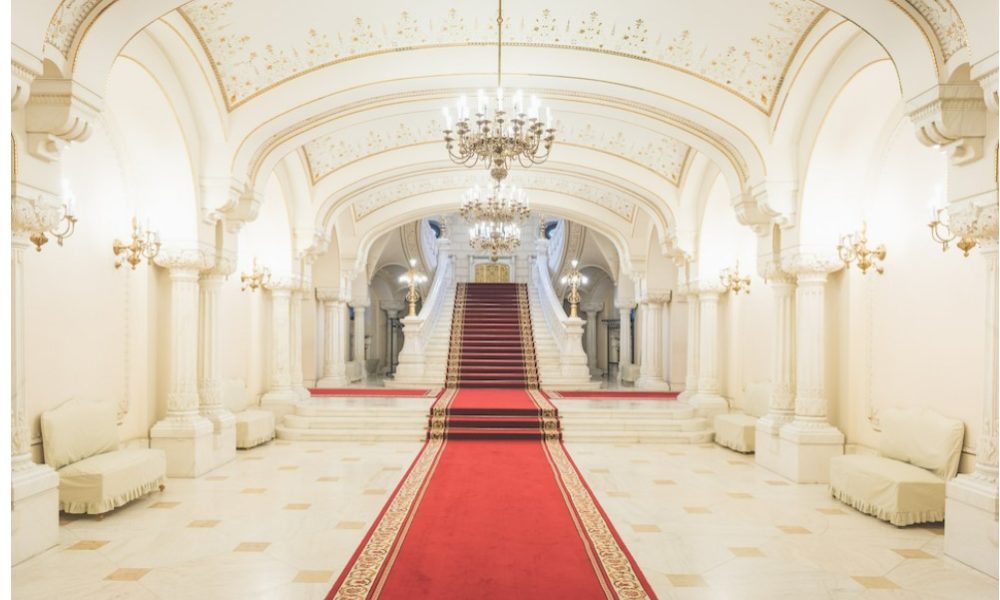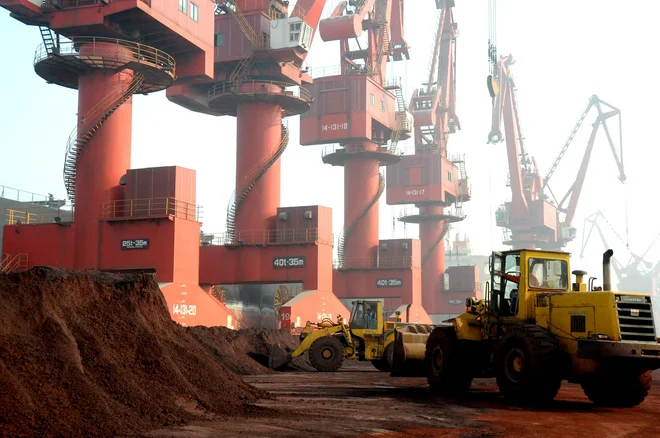Demand for anti -stress programs in sanatoriums is growing
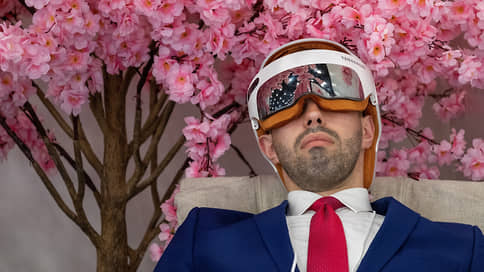
Demand for anti -stress programs in Russian health resorts according to the results of January – April grew by almost a quarter of a year by the year. This can support the recreational tourism market, which collided with a decrease in interest from investors. The popularity of anti -stress programs is explained by a high level of anxiety of the population, experts are sure.
Demand for anti -stress programs in Russian sanatoriums and health -improving hotels from January to April 2025 grew by an average of 20–25%, Kommersant said Mikhail Danilov, medical director of the health and corporate health Association. Demand for other programs, he said, shows a less pronounced positive trend. According to the Island service, the total volume of reservations of sanatoriums in Russia in January -April grew by 10% of the year. On Onetwotrip recorded an increase in orders by 20% year by year. The Association of Tour Operators of Russia previously noted that the demand for sanatorium programs is growing by an average of 8–9% per year.
The anti -stress programs proposed by health resorts include diagnostics, consultations of psychologists, work with sleep, physical activity, meditative practices, lists Mr. Danilov.
He connects interest in them with a decrease in middle -aged guests of sanatoriums: young people more often choose programs.
The general director of the Mashuk Aqua-Term resort, Marina Karlova, says that the volume of anti-stress programs in her facility for the first quarter of 2025 exceeded the indicator of the entire last year. Demand is formed by guests aged 35–55 from large cities, she notes. The Sanatorium « Altai Castle », however, notice that such programs are also highly of interest from pensioners who expect to improve the general condition.
The general director of the Kivach clinic, Alexander Ulch, says that in 2024 the demand for anti-stress programs increased by 23.8%. This year the trend will remain, she believes. The head doctor Rosa Springs Elena Sidorova fixes an increase of 16% annually. “This can be explained by a general increase in the level of stress in society,” she said. In the Valuevo sanatorium, the number of beds-days according to anti-stress programs increased 2.5 times last year. In the Clinic « Zditsa Lago-Naki » they add that if earlier guests were assigned to anti-stress programs for about a week, now-about two weeks.
Such programs in sanatoriums began to be developed in 2020, when, due to the pandemic, many faced increased anxiety, recalls Ksenia Bororetskaya, director of the Medical Medicine and Healing of the Mriya resort.
Interest in thematic programs in health resorts is strengthened in the context of the general trend to combat anxiety.
According to DSM Group, in January – February 2025, pharmacies sold 3 million packs of antidepressants for 2.7 billion rubles. For a year by the year, the indicators increased by 27.1% and 12.7%, respectively. Consumers are actively switching to their use, refusing to make medicinal settings (See “Kommersant” from April 17).
The development of anti-stress programs can lead to an increase in investors’ interest in the sanatorium-resort services market.
Accommodation in health resorts is usually 30-50% more expensive than in classic hotels.
According to Ostrovka, on average, the cost of the night sold in such facilities in January -April amounted to 9.5 thousand rubles, adding 20% to the year. Onetwotrip is noted by 15%growth, up to 11 thousand rubles. For comparison: the average cost of night in all types of deployment facilities for the upcoming May holidays in Russia, according to Ostrovka, is 6.2 thousand rubles, this is 19% more than a year by the year.
But so far the segment of health tourism is considered less promising for investors due to higher costs and budgets for the start of new projects. According to the results of the first quarter, analysts “Contour. Focus” drew attention to the fact that the number of legal entities of sanatoriums in Russia in the first quarter decreased by 0.8% of the year by the year. This is the only segment of the hotel market that showed a decrease (See “Kommersant” from April 18).

